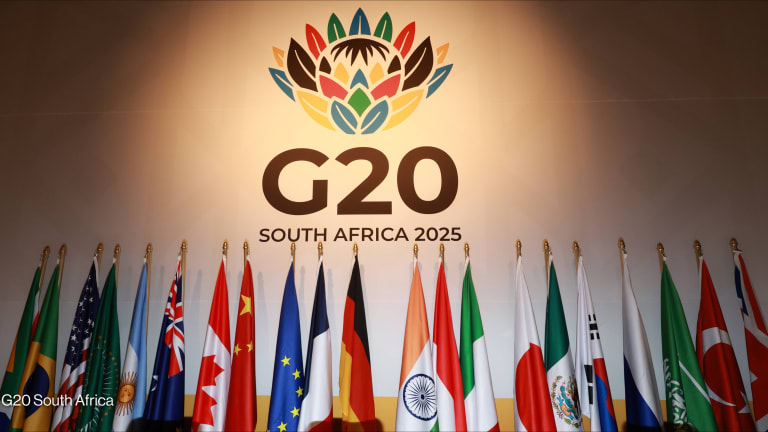
The World Bank is ringing the alarm bells louder than ever about a debt crisis in the lowest-income nations threatening the economic recovery from the COVID-19 pandemic.
Sign up for Devex Invested
The must-read weekly newsletter that keeps you up to date with news about business, finance, and the SDGs.
“The evidence available so far suggests that the economic effects of the pandemic will be more persistent and severer for emerging economies,” according to the latest edition of the bank’s annual “World Development Report.”
While 40% of advanced economies have exceeded their 2019 economic output levels in 2021, only 21% of low-income nations achieved the same level of recovery.
Within countries, vulnerable groups were disproportionately impacted by job losses and other forms of hardship during the pandemic, the report found. For example, women-owned businesses were relatively more likely to see income losses and struggled more to get public support, compared with those owned by men.
Transparency: One of the biggest concerns is the lack of transparency around the record levels of debt in low-income nations. The opacity affects access to credit and will also make it harder to restructure through institutions such as the International Monetary Fund.
“Even before COVID, the state of health of many low-income countries' public finances … [has] been strained. The share of countries in debt distress or at high risk of debt distress … [is] in alarming territory,” said Carmen Reinhart, the World Bank’s chief economist, during a launch event Tuesday.
“It’s often what we don't see that really triggers a crisis,” she added, warning that credit crunches emerge during times of uncertainty.
Downgrades: About 86% of the 51 countries that had their credit ratings downgraded in 2020 were emerging markets, according to the report. The private sector is also stressed, and the bank said it worries about spillovers into the public sector, as governments try to help. According to surveys conducted during the pandemic, 46% of businesses in lower-income countries expected to fall into arrears.
A key area to watch is nonperforming loans that have been brushed under the rug. “Zombie firms” create misallocations of limited capital, reducing economic output.









